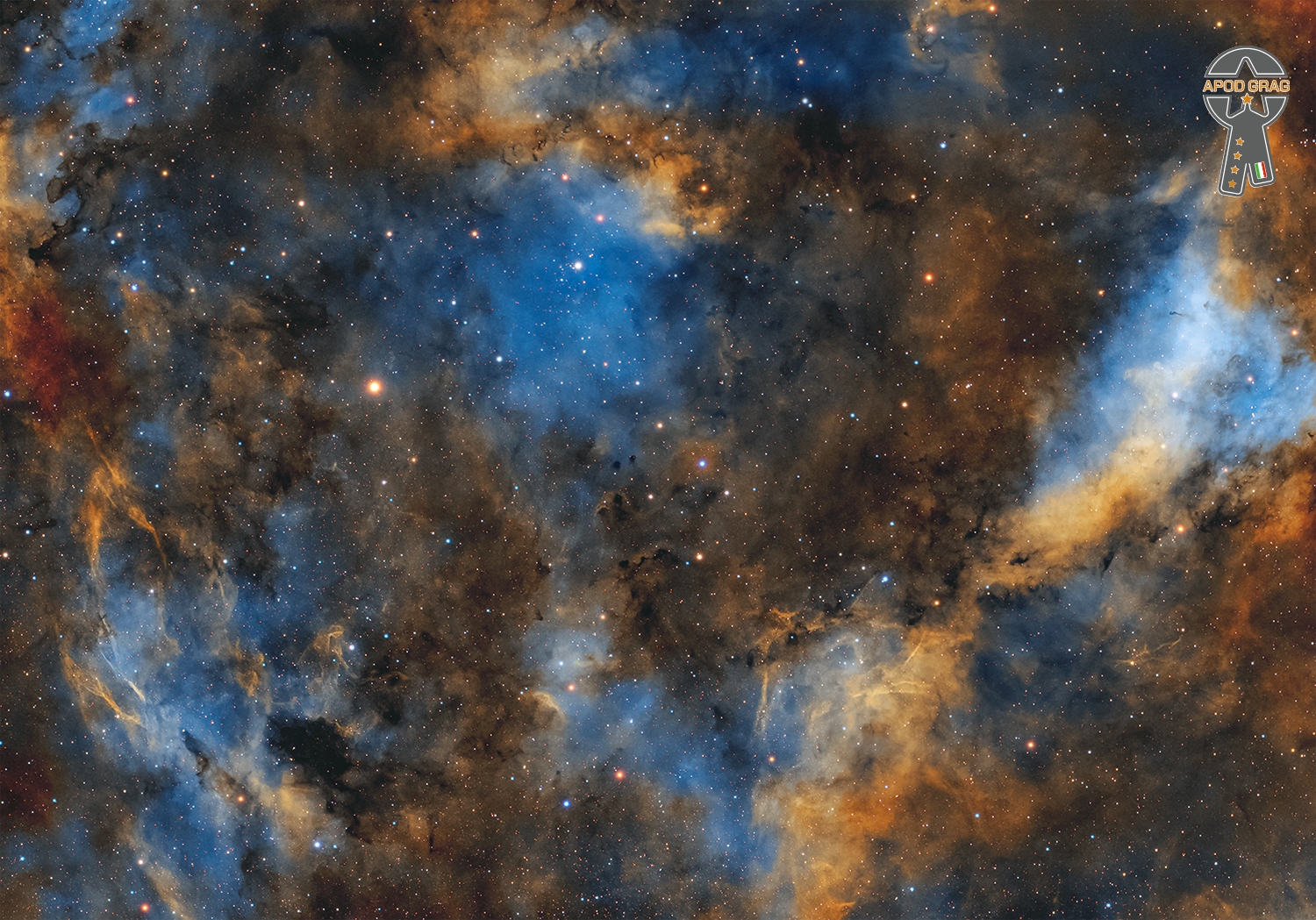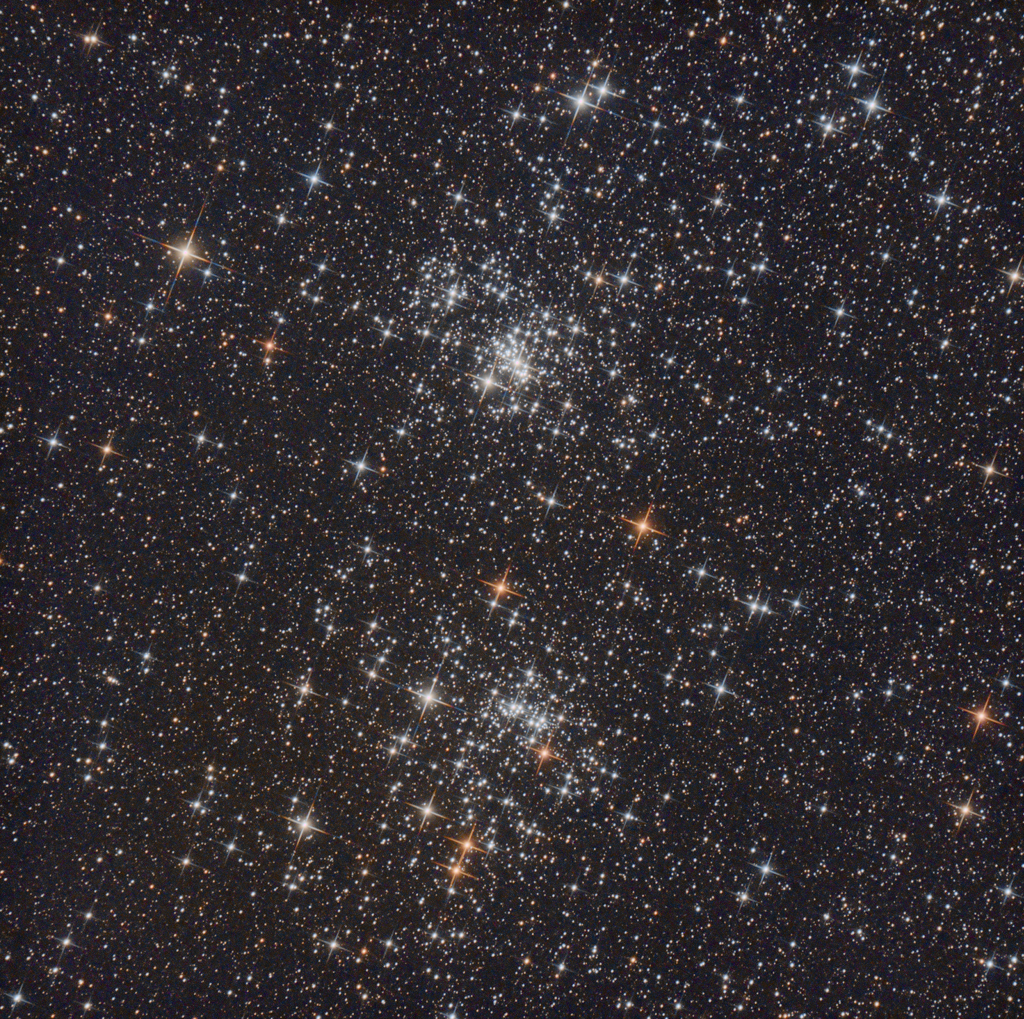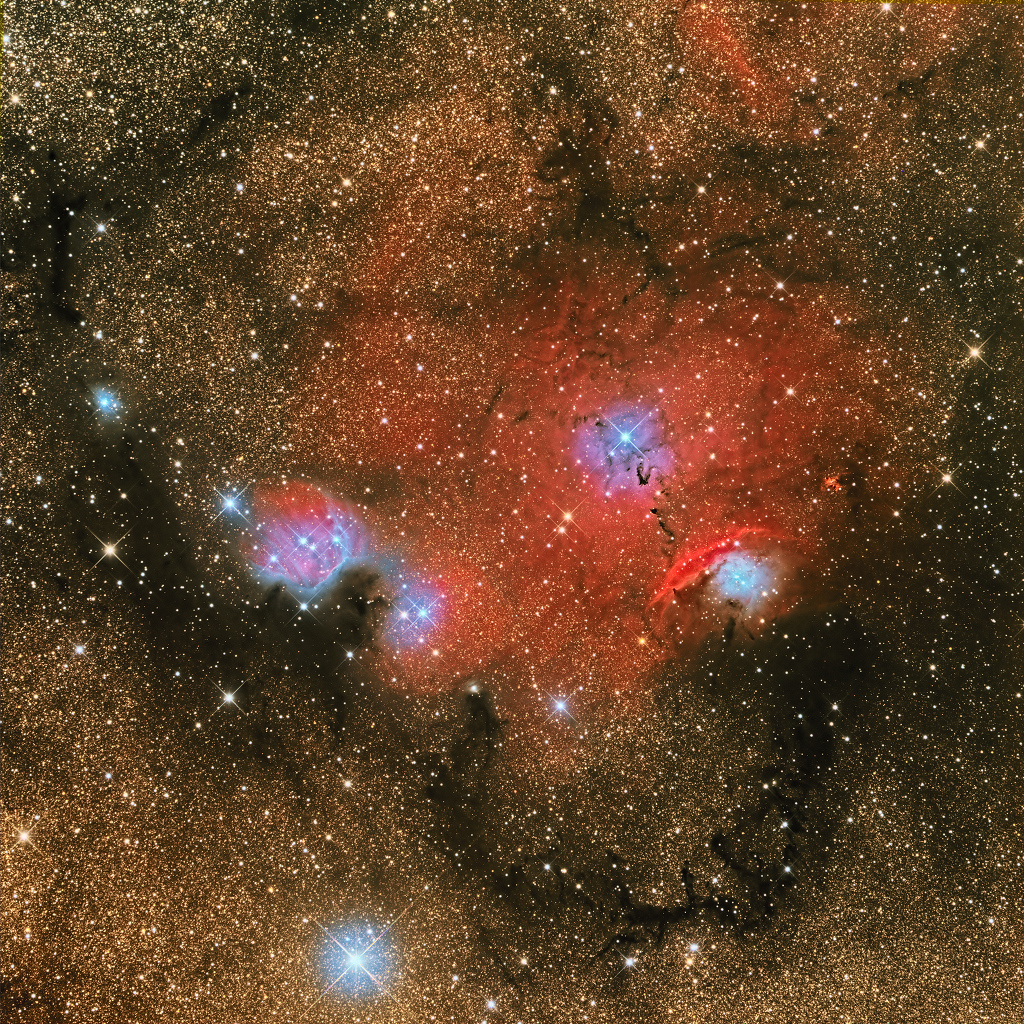Blog
Thelonious Sphere Monk (/θəˈloʊniəs/, October 10, 1917 – February 17, 1982 Rocky Mount, NC) was an American jazz pianist and composer. He had a unique improvisational style and made numerous contributions to the standard jazz repertoire, including “‘Round Midnight“, “Blue Monk“, “Straight, No Chaser“, “Ruby, My Dear“, “In Walked Bud“, and “Well, You Needn’t“. Monk is the second-most-recorded jazz composer after Duke Ellington.
Monk’s compositions and improvisations feature dissonances and angular melodic twists and are consistent with his unorthodox approach to the piano, which combined a highly percussive attack with abrupt, dramatic use of switched key releases, silences, and hesitations.
Monk was renowned for a distinct look which included suits, hats, and sunglasses. He was also noted for an idiosyncratic habit during performances: while other musicians continued playing, Monk would stop, stand up, and dance for a few moments before returning to the piano.
Monk is one of five jazz musicians to have been featured on the cover of Time magazine (the others being Louis Armstrong, Dave Brubeck, Duke Ellington and Wynton Marsalis).
more...The Sadr Region (also known as IC 1318 or the Gamma Cygni Nebula) is the diffuse emission nebula surrounding Sadr (γ Cygni) at the center of Cygnus’s cross. The Sadr Region is one of the surrounding nebulous regions; others include the Butterfly Nebula and the Crescent Nebula. It contains many dark nebulae in addition to the emission diffuse nebulae.
Sadr itself has approximately a magnitude of 2.2. The nebulous regions around the region are also fairly bright.

Kenny Garrett (born October 9, 1960) is an American post-bop jazz saxophonist and flautist who gained recognition in his youth as a member of the Duke Ellington Orchestra and of Miles Davis‘s band. Since then, he has pursued a solo career.
Kenny Garrett was born in Detroit, Michigan, on October 9, 1960. His father was a carpenter who played tenor saxophone as a hobby. Garrett’s own career as a saxophonist took off when he joined the Duke Ellington Orchestra, under the leadership of Mercer Ellington, in 1978. Garrett also played and recorded with Art Blakey, Miles Davis, Freddie Hubbard, and Woody Shaw before developing his career as a leader.
In 1984, Garrett recorded his first album as a bandleader, Introducing Kenny Garrett, on the CrissCross label. In the year, he became the founding member of Out of the Blue which was produced by Blue Note Records. In 1986, Garrett became a member of Art Blakey’s The Jazz Messengers.
He signed to the Warner Bros. Records label, and beginning with Black Hope, in 1992, he recorded eight albums for them. Garrett’s music sometimes exhibits Asian influences, an aspect which is especially prevalent in his 2006 Grammy-nominated recording Beyond the Wall. Garrett joined the “Five Peace Band” of Chick Corea, John McLaughlin, Christian McBride and Brian Blade/Vinnie Colaiuta around 2008. The CD Five Peace Band – Live won a Grammy Award in 2010.
more...Abdullah Ibrahim (born Adolph Johannes Brand on 9 October 1934 and formerly known as Dollar Brand) is a South African pianist and composer. His music reflects many of the musical influences of his childhood in the multicultural port areas of Cape Town, ranging from traditional African songs to the gospel of the AME Church and Ragas, to more modern jazz and other Western styles. Ibrahim is considered the leading figure in the subgenre of Cape jazz. Within jazz, his music particularly reflects the influence of Thelonious Monk and Duke Ellington. He is known especially for “Mannenberg“, a jazz piece that became a notable anti-apartheid anthem.
During the apartheid era in the 1960s Ibrahim moved to New York City and, apart from a brief return to South Africa in the 1970s, remained in exile until the early ’90s. Over the decades he has toured the world extensively, appearing at major venues either as a solo artist or playing with other renowned musicians, including Max Roach, Carlos Ward and Randy Weston, as well as collaborating with classical orchestras in Europe. With his wife, the jazz singer Sathima Bea Benjamin, he is father to the New York underground rapper Jean Grae, as well as to a son, Tsakwe.
Ibrahim was born in Cape Town, South Africa, on 9 October 1934, and was baptized Adolph Johannes Brand. He attended Trafalgar High School in Cape Town’s District Six, and began piano lessons at the age of seven, making his professional debut at 15. He is of mixed-race heritage, making him a Coloured person according to the apartheid system. His mother played piano in a church, the musical style of which would remain an influence; in addition, he learned to play several genres of music during his youth in Cape Town, including marabi, mbaqanga, and American jazz. He became well known in jazz circles in Cape Town and Johannesburg.
more...Yusef Abdul Lateef (born William Emanuel Huddleston; October 9, 1920 – December 23, 2013) was an American jazz multi-instrumentalist, composer, and prominent figure among the Ahmadiyya Community in America.
Although Lateef’s main instruments were the tenor saxophone and flute, he also played oboe and bassoon, both rare in jazz, and non-western instruments such as the bamboo flute, shanai, shofar, xun, arghul and koto. He is known for having been an innovator in the blending of jazz with “Eastern” music. Peter Keepnews, in his New York Times obituary of Lateef, wrote that the musician “played world music before world music had a name”.
Lateef’s books included two novellas entitled A Night in the Garden of Love and Another Avenue, the short story collections Spheres and Rain Shapes, also his autobiography, The Gentle Giant, written in collaboration with Herb Boyd. Along with his record label YAL Records, Lateef owned Fana Music, a music publishing company. Lateef published his own work through Fana, which includes Yusef Lateef’s Flute Book of the Blues and many of his own orchestral compositions.
Lateef was born in Chattanooga, Tennessee as William Emanuel Huddleston. His family moved, in 1923, to Lorain, Ohio, and again in 1925, to Detroit, Michigan, where his father changed the family’s name to “Evans”.
more...Dionisio Ramón Emilio Valdés Amaro (October 9, 1918 – March 22, 2013), better known as Bebo Valdés, was a Cuban pianist, bandleader, composer and arranger. He was a central figure in the golden age of Cuban music, especially due to his big band arrangements and compositions of mambo, chachachá and batanga, a genre he created in 1952. He was the director of the Radio Mil Diez house band and the Tropicana Cluborchestra, before forming his own big band, Orquesta Sabor de Cuba, in 1957. However, after the end of the Cuban Revolution, in 1960, Bebo left his family behind and went into exile in Mexico before settling in Sweden, where he remarried. His musical hiatus lasted until 1994, when a collaboration with Paquito D’Rivera brought him back into the music business. By the time of his death in 2013, he had recorded several new albums, earning multiple Grammy Awards. His son Chucho Valdés is also a successful pianist and bandleader.
https://www.youtube.com/watch?v=Kulur750-PQ
more...This starfield spans about three full moons (1.5 degrees) across the heroic northern constellation of Perseus. It holds the famous pair of open star clusters, h and Chi Persei. Also cataloged as NGC 869 (top) and NGC 884, both clusters are about 7,000 light-years away and contain stars much younger and hotter than the Sun. Separated by only a few hundred light-years, the clusters are both 13 million years young based on the ages of their individual stars, evidence that they were likely a product of the same star-forming region. Always a rewarding sight in binoculars, the Double Cluster is even visible to the unaided eye from dark locations. But a shroud of guitar strings was used to produce diffraction spikes on the colorful stars imaged in this vibrant telescopic view.

born 10-8-1927 McKinney, TX died 1-3-1995 Las Vegas, NV American R&B Drummer
Long before I knew his name, I was hooked on Al Duncan’s playing. In the autumn of 1963 the Impressions’ “It’s All Right” came on the radio, with its beautiful drum fills. Over the next couple of years there followed a procession of Curtis Mayfield-written songs by the Impressions and Major Lance, driven — like “Delilah”and “I Need You” — by that very distinctive drumming, so clean and relaxed.
Along with Motown’s Benny Benjamin in Detroit and Stax’s Al Jackson Jr in Memphis, Duncan propelled the cream of mid-’60s soul. Eventually I discovered his name, along with the information that he played a lot of blues, R&B and soul sessions in Chicago for Vee-Jay, Chess and other labels before being supplanted by a younger man, Maurice White (later, of course, the co-founder of Earth Wind & Fire). But I didn’t know anything else until this week, when I bought the new issue of Blues & Rhythm, the fine British monthly magazine, and there he was on the cover.
The story is an interview taped in 1975 in Santa Monica by the writer Bill Greensmith, and never previously published. Duncan talks at length about his entire career, from his early days as an aspirant jazz drummer in Texas and Kansas City, playing with the bandleaders Ernie Fields and Jay McShann, to his collaborations with Mayfield, Little Walter, John Lee Hooker, Jimmy Reed, Willie Dixon, Phil Upchurch and many others, and his move in the 1970s to Los Angeles, where he played with people like Red Holloway but seemingly failed to break into the session scene.
He died on January 3, 1995, aged 68. For me, this interview is priceless testimony from a man whose playing has been part of my life for more than half a century. So thanks, Bill Greensmith, for disinterring it, and to the editors of Blues & Rhythm for not only publishing it but making Al Duncan their cover star.
more...Harold Joseph Singer (October 8, 1919 – August 18, 2020), also known as Hal “Cornbread” Singer, was an American R&B and jazz bandleader and saxophonist.
Harold Joseph Singer was born in Greenwood, an African American district of Tulsa, Oklahoma to father Charles and mother Anna Mae. His father was employed by an oil drilling tools manufacturer and his mother was a caterer. He was a survivor of the 1921 Tulsa race massacre during which his family’s home was burnt down. Singer and his mother were helped to travel to Kansas City during the riot by his mother’s white employer. There they waited out the violence with family until they could return. The official records of Singer’s birth were destroyed during the violence.
more...Park Frederick “Pepper” Adams III (October 8, 1930 – September 10, 1986) was an American jazz baritone saxophonist and composer. He composed 42 pieces, was the leader on eighteen albums spanning 28 years, and participated in 600 sessions as a sideman. He worked with an array of musicians, and had especially fruitful collaborations with trumpeter Donald Byrd and as a member of the Thad Jones/Mel Lewis Big Band.
Pepper Adams was born in Highland Park, Michigan, to father Park Adams II and mother Cleo Marie Coyle. Both of his parents were college graduates, with each spending some time at the University of Michigan. Due to the onset of the Great Depression, Adams’ parents separated to allow his father to find work without geographic dependence. In the fall of 1931, Adams moved with his mother to his extended family’s farm near Columbia City, Indiana, where food and support were more readily available. In 1933, Adams began playing piano. His father having reunited with the family, they moved to Rochester, New York, in 1935 and in that city he began his musical efforts on tenor sax and clarinet. Two years later, Adams began deepening his developing passion for music by listening to Fats Waller‘s daily radio show. He was also influenced at a young age by listening to Fletcher Henderson‘s big band radio broadcasts out of Nashville, Jimmie Lunceford, Duke Ellington, and Cab Calloway. Adams would later describe “[his] time up until the age of eight or so [as] really just traveling from one place to another”. As early as 4th grade, Adams sold cigarettes and candy door-to-door in order to contribute to his family’s income for essential items.
more...Owen Joseph “Sonny” Igoe (October 8, 1923 – March 28, 2012) was an American jazz drummer and music educator who, toured with the orchestras of Tommy Reed (1913–2012), Les Elgart, Ina Ray Hutton, Benny Goodman, and Woody Herman from the mid-1940s to the mid-1950s.
From the mid-1940s to 1988, he performed on over 79 recordings with bands and artists, including The Buddy Stewart (1922–1950) Quintet, Benny Goodman and His Orchestra, Woody Herman and His Orchestra, Frances Wayne with Neal Hefti and His Orchestra, Rita Moss with the George Williams Orchestra, Charlie Ventura, Tony Bennett, Billy Maxted and His Manhattan Jazz Band, The Chuck Wayne Quintet, The Don Elliott Quintet, Joe Wilder, Phil Napoleon and His Original Memphis Five, Sammy Spear (né Samuel Shapiro; 1909–1975), Pee Wee Erwin, Joe Williams, Marlene Ver Planck (born 1933), Savina (Savina J. Hartwell; 1926–1992), Dick Meldonian (né Richard Anthony Meldonian; born 1930), and Doctor Billy Dodd. A longtime resident of Emerson, New Jersey, Igoe grew up in Ridgewood and was attending Ridgewood High School when he got his start after winning a Gene Krupa drumming contest.
more...Alegrías is the best known form in a family of lively, vibrant songs known as Cantiñas. Cantiñas developed during the Peninsular War in the early 19th Century when Spanish partisans gathered on the Atlantic coast near Cádiz to launch the first attacks against Napoleon. The music of Cádiz blended with jotas from Aragón, and the Cantiñas and its variations were born: Cantiñas, Alegrías, Mirabrás, Caracoles and Romeras. The Alegrías emerged as the most popular version in this style. If you hear a flamenco singer announce “Ahora, algo de Ca’i.” (Now, something from Cadíz) you know s/he is going to sing some form of an Alegrias. Alegrías is a fairly simple song form and its major tonality is familiar to anyone raised on Western music. However, it is also one of the most complicated dance forms in flamenco, with numerous sections and changes in tempo, mood and phrase structure.
more...Just east of the Lagoon Nebula to find this alluring field of view in the rich starfields of the constellation Sagittarius toward the central Milky Way. Of course the Lagoon nebula is also known as M8, the eighth object listed in Charles Messier’s famous catalog of bright nebulae and star clusters. Close on the sky but slightly fainter than M8, this complex of nebulae was left out of Messier’s list though. It contains obscuring dust, striking red emission and blue reflection nebulae of star-forming region NGC 6559 at right. Like M8, NGC 6559 is located about 5,000 light-years away along the edge of a large molecular cloud.At that distance, this telescopic frame nearly 3 full moons wide would span about 130 light-years.

Larry Young (also known as Khalid Yasin [Abdul Aziz]; October 7, 1940 – March 30, 1978)[1] was an American jazz organist and occasional pianist. Young’s early work was strongly influenced by the soul jazz of Jimmy Smith, but he later pioneered a more experimental, modal approach to the Hammond B-3.
Born and raised in Newark, New Jersey, United States, Young attended Newark Arts High School, where he began performing with a vocal group and a jazz band.
Young played with various R&B bands in the 1950s, before gaining jazz experience with Jimmy Forrest, Lou Donaldson, Kenny Dorham, Hank Mobleyand Tommy Turrentine. Recording as a leader for Prestige from 1960, Young made a number of soul jazz discs, Testifying, Young Blues and Groove Street. When Young signed with Blue Note around 1964, his music began to show the marked influence of John Coltrane. In this period, he produced his most enduring work. He recorded several times as part of a trio with guitarist Grant Green and drummer Elvin Jones, which were occasionally augmented by additional players. Most of these albums were released under Green’s name, though Into Somethin’ (with Sam Rivers on saxophone) became Young’s Blue Note debut. Unity, recorded in 1965, remains his best-known album; it features a front line of Joe Henderson and the young Woody Shaw. Subsequent albums for Blue Note (Contrasts, Of Love and Peace, Heaven On Earth, Mother Ship) also drew on elements of the 1960s avant-garde and utilised local musicians from Young’s hometown of Newark. Young then became a part of some of the earliest fusion groups: first on Emergency! with the Tony Williams Lifetime (with Tony Williams and John McLaughlin) and also on Miles Davis‘s Bitches Brew. His sound with Lifetime was made distinct by his often very percussive approach and regular heavy use of guitar and synthesizer-like effects. He is also known for a jam he recorded with rock guitarist Jimi Hendrix, which was released after Hendrix’s death on the album, Nine to the Universe.
In March 1978, he checked into the hospital for stomach pains. He died there on March 30, 1978, while being treated for what is said to be pneumonia. However, the actual cause of his death is unclear.
more...
More Posts
- Daily Roots Niney & the Observer
- Sounds of Freedom Mozart
- Ramadan Mubarak 2025
- Michele Obama the Same Ole Con
- John Muir Logic
- ECHOES OF FREEDOM Bob Marley
- Mississippi Current
- Cosmo HUDF
- Rory Gallagher
- Desi Arnaz
- Red Saunders
- Lou Reed
- Larry Carlton
- Eddie Lockjaw Davis
- World Music Samba Touré
- Daily Roots Sly & the Revolutionaries
- Kurt Vonnegut Dancing
- Cosmo NGC 2736
- Frédéric Chopin
- Burning Spear